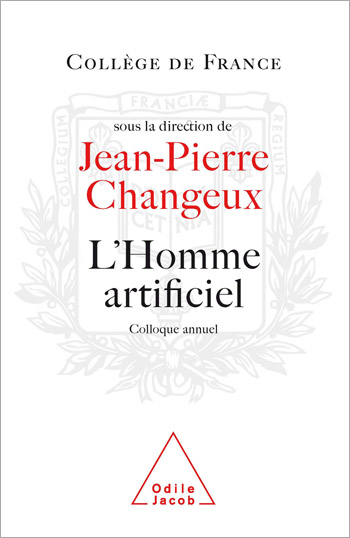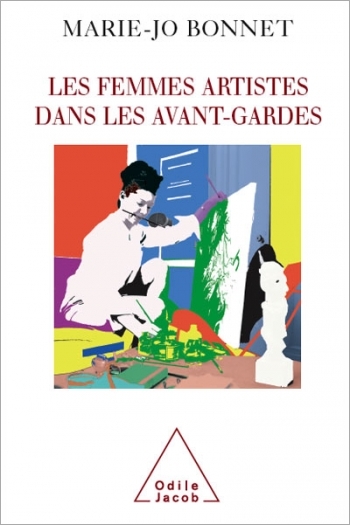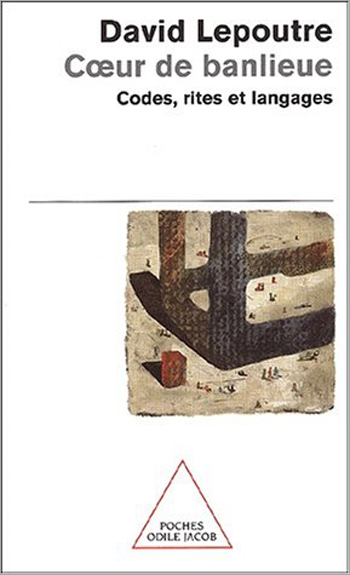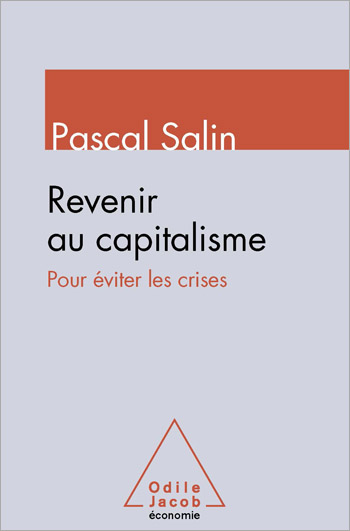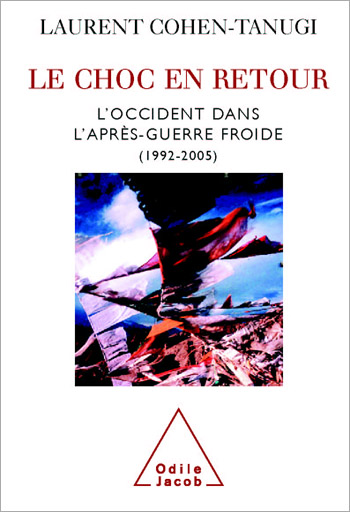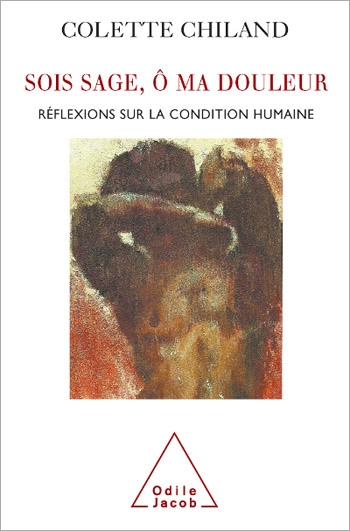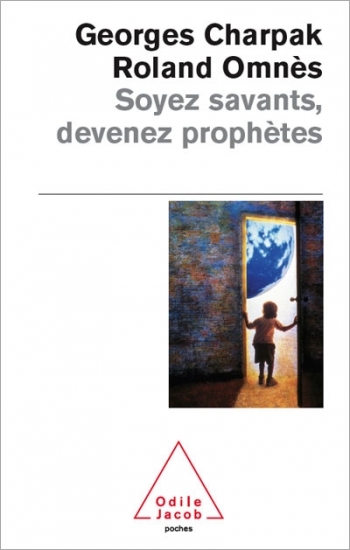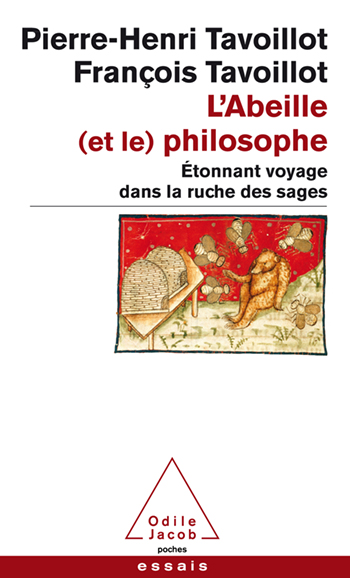Human Sciences All books
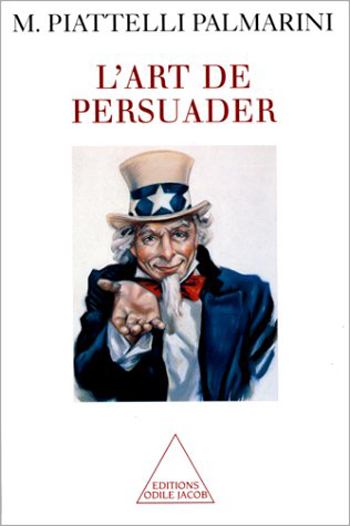
Massimo Piattelli Palmarini
The Art of Persuasion
In love as in politics, in history as in everyday life knowing how to persuade people is a valuable skill. How can one person convince another to renounce his or her opinion, freely and willingly, without appealing to authority, pity or trust? What essential rules must one follow, and what psychological motives must one play on in order to produce this effect ? Using the most recent discoveries in psychology and reasoning as a starting point Massimo Piattelli Palmarini show us how to anticipate the motivation and mental paths of others and so to be even more persuasive. Massimo Piattelli Palmarini is the head of the Department of Cognitive Sciences at the Instituto San Raffaele, in Milan.
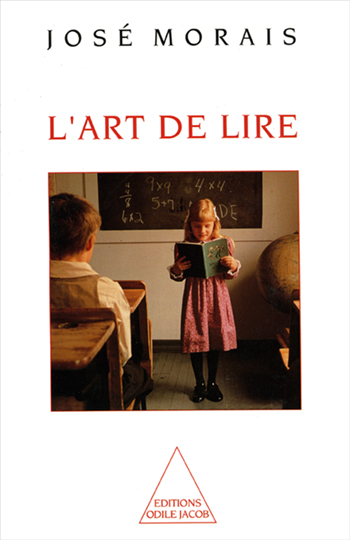
José Moraïs
The Art of Reading
José Moraïs analyzes the different methods with which we learn to read and presents the various therapeutic possibilities offered to those who do not master the art of reading .
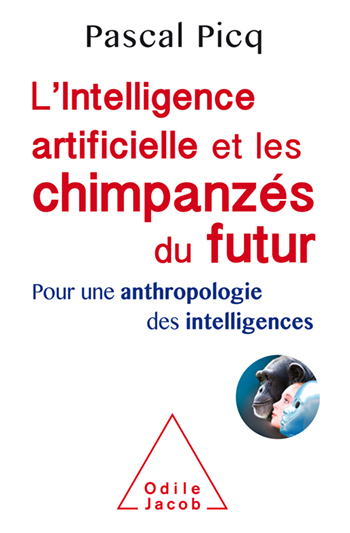
Pascal Picq
Artificial Intelligence and the Chimpanzees of the Future For an Anthropology of Intelligence
Confronted with future challenges connected with the emergence of AI, a lucid and enlightening look by a paleoanthropologist, specialist in evolution.
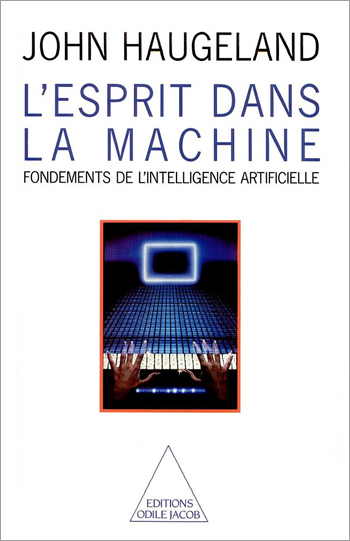
John Haugeland
Artificial Intelligence: The Very Idea
At once philosophical and instructive, this work offers a synthesis of a discipline that marks a revolution, both intellectual and technological, in the approach of the human spirit. John Haugeland teaches philosophy at the University of Pittsburg.
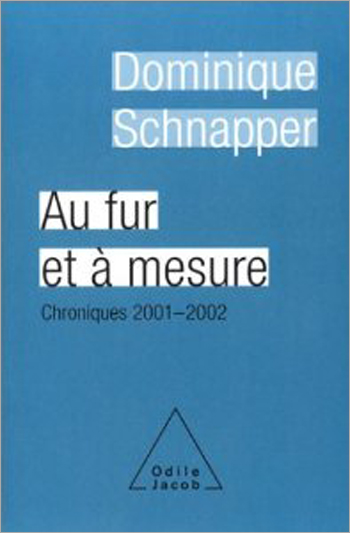
Dominique Schnapper
As Time Goes By A Chronical of 2001-2002
From a mythical meeting in the year 2000, to From our almost mythical appointment with the year 2000, to the presidential upheavals in 2003, this book presents the first expansive record of our entry into a new century. Through insightfully chronicling the passage of time, with both emotion and analysis, the author is able to present us with a picture of our contemporary world. Dominique Schnapper is a director of studies at the École des Hautes Études en Sciences Sociales.
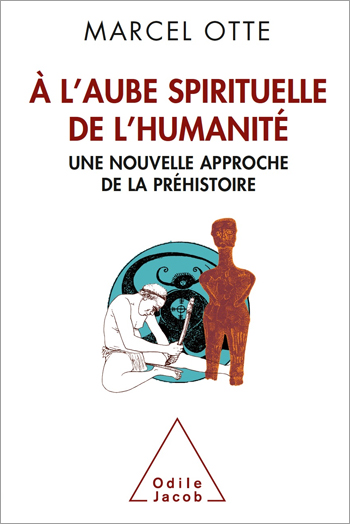
Marcel Otte
At Humanity’s Spiritual Dawn A New Approach to Prehistory
How did our ancestors think? What did they feel? How did they live?
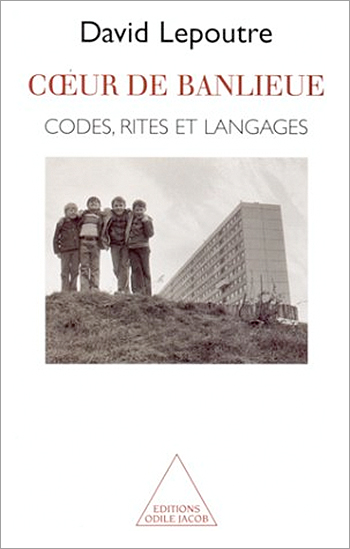
David Lepoutre
At the Heart of the Suburbs Codes, Rites and Languages
In the last 15 years, the social disease of suburban youth has been on the front pages of newspapers, feeding fear and encouraging a certain social and political discourse centered around the notions of crisis, disorder and desocialization. Coming from a direct experience, this book opposes the "problematic of the social vacuum" with a resolutely ethnological approach to relations between the adolescents of large urban settings. David Lepoutre is a professor of History and Geography in the second degree and gives courses in Ethnology at the Universities of Paris XIII and Lille II.
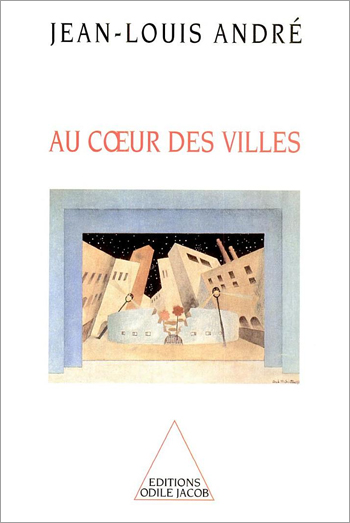
Jean-Louis André
At the Heart of Urbanity
What should be done about neglected suburbs, the bedroom towns, dehumanized, and deregulated ? When we are faced with buildings in ruins, with wasteland and concrete deserts ? The answer is to stop trying to fix the obvious defects of these surburbs and instead concentrate on the heart of the town, in the common space, which must take on the changes made and symbolise an identity. Jean-Louis André, graduate of the Ecole normale supérieure, is a journalist. He has notably published with Ricardo Bofill, The Spaces of A Life.
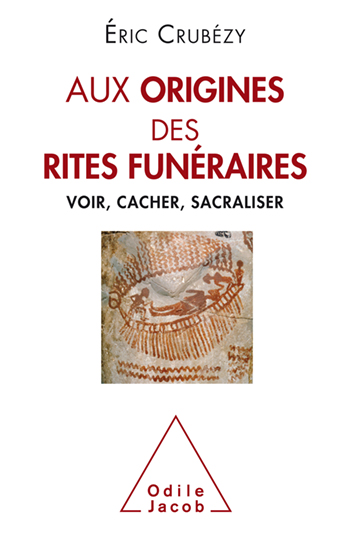
Éric Crubézy
At the Origins of Funerary Rituals Seeing, Hiding, Making Sacred
From prehistory to history, descriptions of funeral rituals, known or less so, with first-hand documentation.
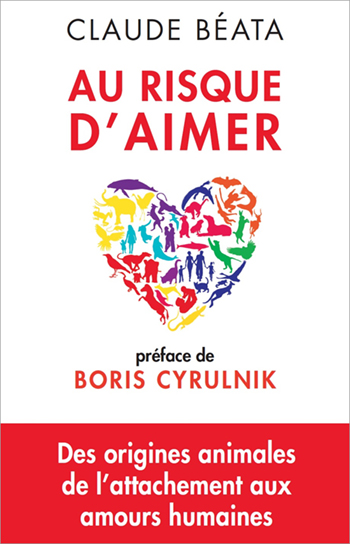
Claude Béata
At the Risk of Loving
A masterly demonstration of the power of love in the animal world and among humans
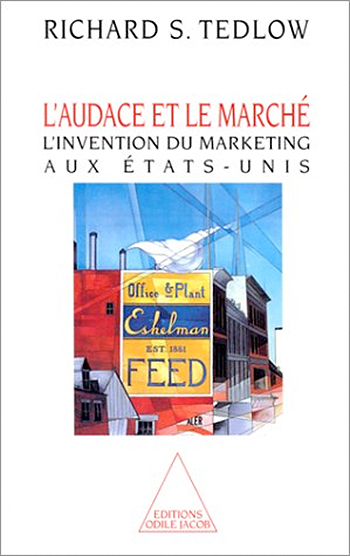
Richard S. Tedlow
Audacity and the Market The Invention of Marketing in the United States
What great commercial battles in the United States are at the origin of marketing ? What strategic choices, technologies and infrastuctures have made possible one of the great social and economic upheavals of the 20th century ? This book recounts the combats waged without mercy between Coca-Cola and Pepsi-Cola, and Ford and General Motors, and also the story of the pioneer manufacturers and distributors who created marketing, invented standardised products, international brands, the segmentation of markets, chains of shops and supermarkets... Richard Tedlow is a professor at Harvard Business School and has long been Editor-in-Chief of the famous Business History Review.
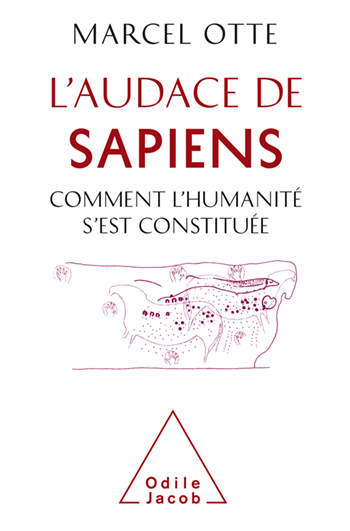
Marcel Otte
The Audacity of Sapiens: How Humanity Was Formed
It is time to bring back thought, responsibility, and courage to a consideration of the prodigious human adventure.
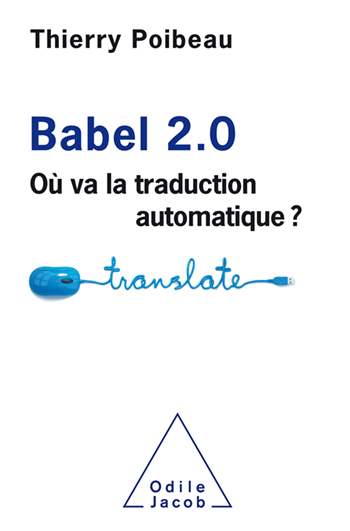
Thierry Poibeau
Babel 2.0 Where does machine translation go?
The complexity of natural language and its ambiguities are well designed to confuse the fully rational algorithms of our computers. The
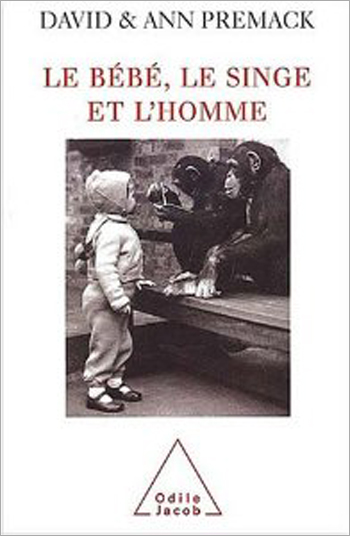
Ann Premack, David Premack
The Baby, the Ape and Man
The issue of the differences and similarities between humans and their cousins the chimpanzees governs the definition of human identity. How can this difference be explained? By studying the learning process of chimpanzees and comparing it to that of children, Ann and David Premack were gradually able to discover a series of differences, none of which were radical but when put together showed a yawning gap between the two species. The results they obtained enabled them to reconstruct little by little the sum of the differences that make up human identity. Ann and David Premack are specialists in the study of primates.
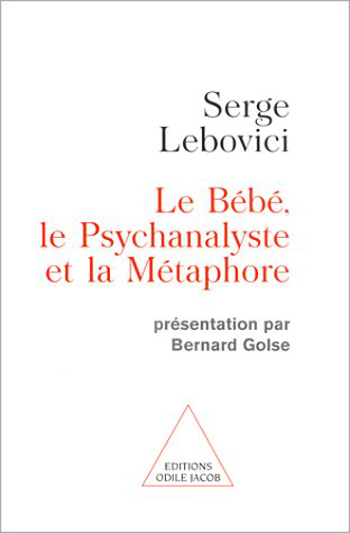
Serge Lebovici
The Baby, the Psychoanalyst and the Metaphor Presented by Bernard Golse
This exceptional document, the last work of Serge Lebovici, traces the history of metaphor as a concept for philosophers, linguists,and psychoanalysts. It particularly shows why this notion constitutes the keystone of psychic ontogenesis and of all therapeutic activity. A psychoanalyst, and professor of child and adolescent psychology, Serge Lebovici was the president of the International Psychoanalytical Society.
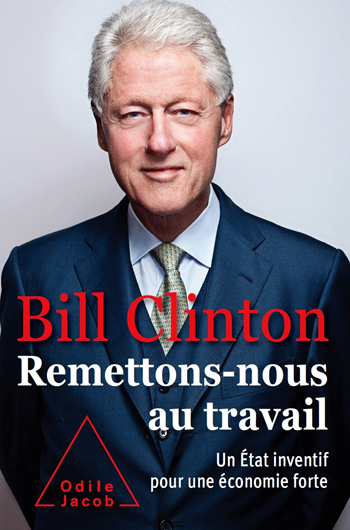
Bill Clinton
Back to Work Why We Need Smart Government for a Strong Economy
“There is simply no evidence that we can succeed in the twenty-first century with an antigovernment strategy,” based on “a philosophy grounded in ‘you’re on your own’ rather than ‘we’re all in this together.’ ” Bill Clinton
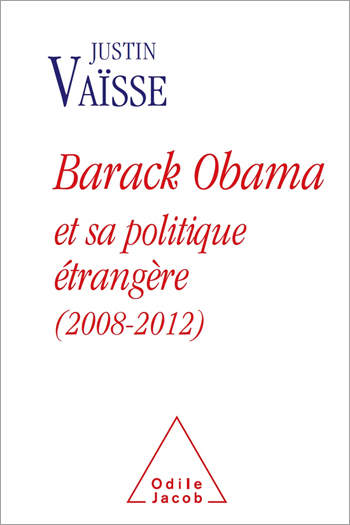
Justin Vaïsse
Barack Obama’s Foreign Policy (2008-2012)
In the run-up to the U.S. Presidential elections, an eminent specialist assesses the present administration
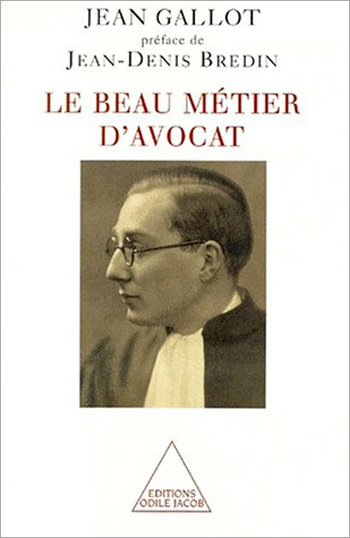
Jean Gallot
The Beautiful Job of Being a Lawyer
Jean Gallot was born at the beginning of the century and studied in Paris. He rapidly made a reputation for himself as one of the most brilliant lawyers of his generation. In this book, he reflects upon the copious experiences of a lifetime, the cases he so ardently defended and his meetings with famous people of the time. This is a precious record of an era, as well as of a profession that is currently undergoing major changes in France.
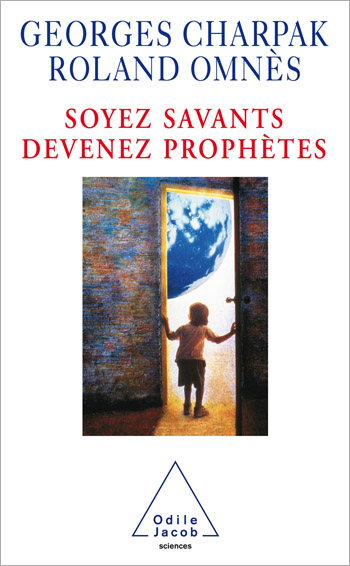
Georges Charpak, Roland Omnès
Becoming a Magician is Becoming Prophet
In a simple, accessible style the authors address questions that we all ask ourselves about science: Why hasn't science made human beings wiser? Hasn't it even had the opposite effect, rendering humans' criminal tendencies even more devastating? To answer these questions, the authors develop the idea that the advent and triumph of modern science have induced a profound change in humanity because science has given human beings the capacity to understand and master phenomena occurring on the microscopic level - a scale that is alien to them. Some of the fundamental elements of contemporary physics are presented here in game form. The authors argue that physics has left free human beings face to face with an equally free interplay of natural forces and that, without causality and finality, the world has become deprived of meaning. It is therefore hardly surprising that many have taken refuge in religion. But the authors propose an alternative to religion, arguing that we can fulfil our modernity by helping our children develop their love of experimentation so that they can discover the meaning of things for themselves - instead of embracing ideologies that can only be imposed through terror. Georges Charpak is a physicist and Nobel Prize Laureate in Physics. Roland Omnès is a physicist and Emeritus Professor at the University of Paris XI-Orsay.
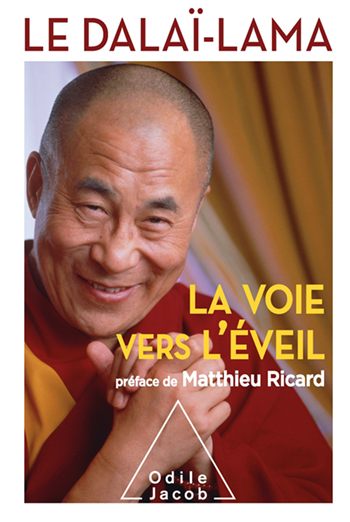
The Dalaï-lama
Becoming Enlightened
An excellent introduction to Tibetan Buddhism and to the teachings of the fourteenth Dalai Lama
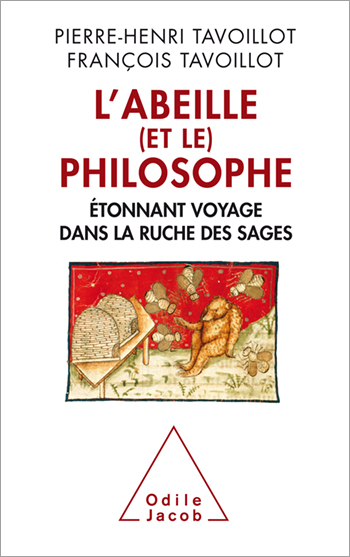
François Tavoillot, Pierre-Henri Tavoillot
The Bee (and the) Philosopher An Amazing Journey into the Hive of Wisdom
The history of Western philosophy and culture, seen from the bee’s perspective
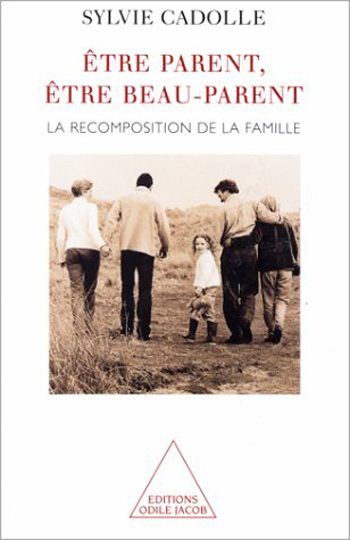
Sylvie Cadolle
Being a Step-parent The Recomposition of the Family
More than one million children in France live permanently or occasionally with a step-parent. What place does a step-parent hold in the family of a child whose parents are divorced or separated? What role does he or she play? Is it sufficient to know how to love in order to succeed in reconstructing a family? This is the first French investigation into the relations between step-parents and step-children that allows both the adults and the children to freely express themselves. Sylvie Cadolle teaches philosophy and educational sociology.
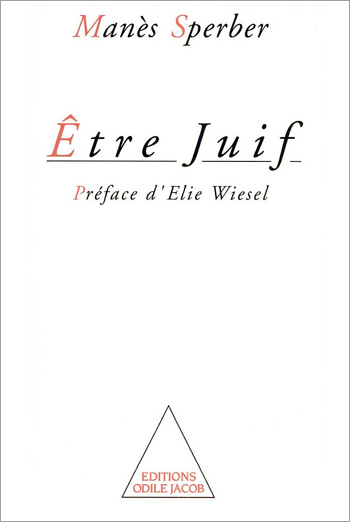
Manès Sperber
Being Jewish
A non-practicing Jew, Manès Sperber learned to read the Bible at the age of three and continued to re-read it until the end of his life. Neither religious, nor a militant Zionist, nor an aethiest, nor aligned with any cultural Judaism, he professes as his only faith a "religion of good memory." His is a Judaism lived as humanism and as an ethic, as a refusal of all idolatry, of exclusion of others, and a constant combat against hate of any kind. It is a profound attachment to the Israelite nation and a prudent attitude towards the State of Israel that Sperber illustrates in these brilliant essays prefaced by Elie Weisel, where analysis of Jewish thought and identity walk hand in hand with the eternal question: Why anti-semitism?
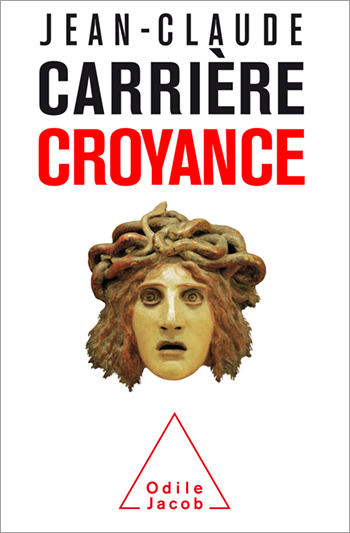
Jean-Claude Carrière
Belief
The impact of science is on the wane — while religious belief is omnipresent and all-powerful

